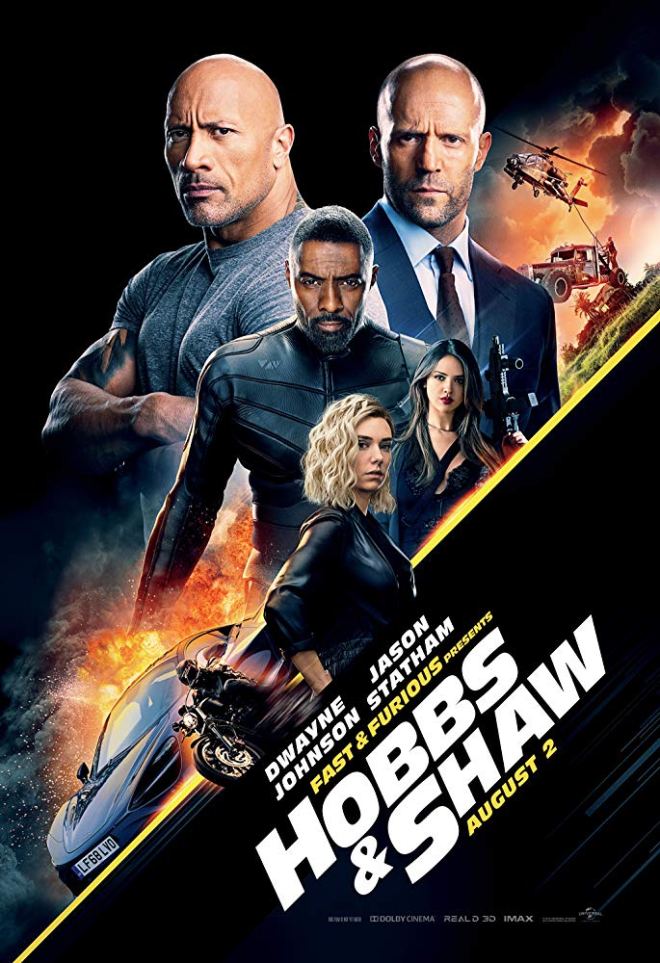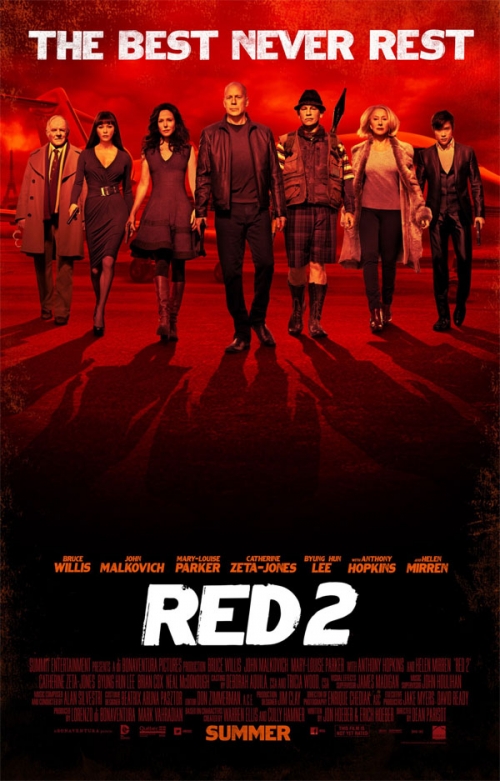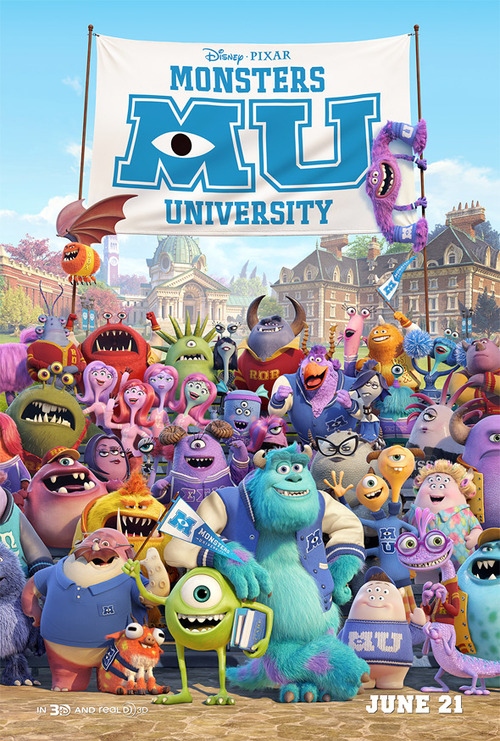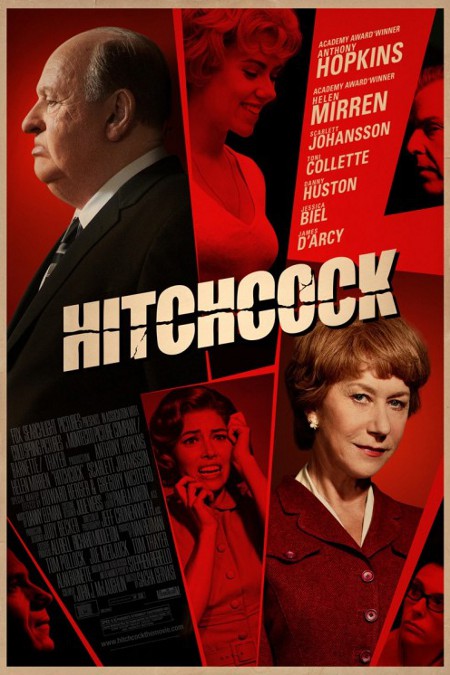
A dramatisation of the quiet turmoil that engulfed the British royal family the week immediately after Princess Diana’s death in a fiery car crash in 1997, The Queen is a study in irony, comedy and propriety – at times wildly funny, at others cringingly painful as the title character, Queen Elizabeth II (Helen Mirren), struggles to understand and deal with the tidal wave of compassion and sympathy from a grieving public for a princess the world never really knew. All she knows is what she has been brought up to believe – that she is performing a service for her country and her people, and that duty must always come before self. And in this instance, her duty, she firmly believes, is to mourn with quiet dignity, and to keep her grandsons safe from the maelstrom of publicity surrounding Buckingham Palace. Remaining firmly sequestered in the private royal estate of Balmoral, Elizabeth is buoyed by her even more staunchly conservative relatives: her husband Prince Philip (James Cromwell), whose solution to his grandchildren’s sorrow is to resort to the age-old practice of hunting; and the Queen Mother (Sylvia Syms). Only the newly-elected upstart of a Labour Prime Minister Tony Blair (Michael Sheen) understands just how wrongly the royal family has taken the pulse of the nation… and the queen must struggle both against her family and her own every impulse to decide whether to take Blair’s advice to save the monarchy from destruction.
Director Stephen Frears, no stranger to British films about feisty old ladies (he directed TQ fresh off Mrs Henderson Presents), takes his time in laying out the stilted, greatly regulated environment in which Elizabeth has lived all her life. From simple niceties of protocol (the way in which visitors must enter and bow their heads at the neck, just so) to how her flunkies and advisors remain mired in a world of precedent (using the Queen Mother’s own artfully orchestrated, already rehearsed funeral for Diana – a priceless scene!), Frears takes great delight in poking fun at all these conventions that have always been shackles for Elizabeth, albeit ones she has always borne with great equanimity. There is much painful comedy to be had here, as the Queen Mother prevaricates about how she cannot understand the public reaction to Diana’s death; but also cringeworthy drama (Prince Philip pompously declaring to his “cabbage” that the people will invariably come to their senses and realise that the royals’ way of doing things is the right way). Frears then presents a totally different picture of the apparently liberated, modernising arm of the government, as Blair’s decidely anti-monarchist wife Cherie (Helen McCrory) continually mocks the queen for staying on her “40,000 acres”, or when his thrillingly arrogant press squad – led by who else but Alastair Campbell (Mark Bazeley) – repeatedly denounce the queen for being hopelessly old-fashioned and out-of-date. Blair here becomes the surprising middle man: increasingly sympathetic to Elizabeth’s plight and dignity, he tries to defend her against the worst of the media onslaught, and advises her how best to face the crisis in an information age like nothing she has seen before.
The art in this movie really comes from the wonderfully subtle characterisations brought to life out of screenwriter Peter Morgan’s words. Elizabeth, thanks in no small part to Mirren’s fantastic performance, is at once the picture of dignified strength, and a study in pent-up frustration and vulnerability. That Elizabeth is barely afforded a single moment of open, naked emotion (Mirren only once resorts to tears, and even for that split second, her face is never shown) makes it all the more amazing that the queen in this movie becomes so much more than just a hardened stereotype. She is very much a real person, from her concerns for her grandson to her frustration with the people’s fascination with Diana, and even her wistfulness when she mentions to Philip that their son Charles (Alex Jennings) had revered Diana’s mothering skills – implicitly criticising Elizabeth and her own lack of demonstrativeness. Mirren, in a career of outstanding performances, truly deserves every accolade thrown her way this awards season. With so little opportunity to emote and really show off her acting chops, Mirren nevertheless makes Elizabeth a magnetic, engaging character – suggesting nobility in the way her character stands, and the heavy, all-pervasive sense of duty etched into Elizabeth’s every feature when she finally delivers her first live address in an arch public voice that sounds nothing like her own far less pretentious speech patterns.
It’s a tour de force performance in a uniformly good cast. Sheen is another standout as the charming, effervescent Blair. Still young and a little cocky by the end of the movie, but wiser for having realised the role thrust upon Elizabeth that she must play until she dies, Sheen’s far more effusive Blair is an excellent counterpoint to the restrained monarch. It’s something of a pity, though, that Blair comes across as almost too one-dimensionally good in this movie – his growing support for Elizabeth culminates in a couple of slightly corny speeches from him about the role she plays in society, that come off less intelligent than cheesy. Cherie is also practically played for straight villainy, as are Philip and the Queen Mother on the flip side of the coin. But Elizabeth’s trusted aide Robin Janvrin (Roger Allam) does get a look-in as a devoted servant always looking out for his queen’s interests, even daring to intercede with the prime minister of his country to plead for help on her behalf.
Smart and involving though it may be, however, TQ fails to fully engage the audience emotionally. It’s difficult to be thoroughly immersed in the situation in which poor Elizabeth finds herself mired, partly because of the strong streak of irony that runs through the film – it’s hard to come to care much for a character when you’ve just laughed raucously at another example of how ludicrous some of her beliefs and aspects of her daily regimen are. For Elizabeth’s emotional epiphany and catharsis to take the form it does as well, in a creature she should feel less for than she did for the very human Diana, is a bold but ultimately unsuccessful move. Some characters are frustratingly under-developed – Charles, for example, seems less pained father than calculating opportunist (‘What a family!’, Alastair at one point comments as Charles moves to distance himself from his mother, the sinking ship in terms of losing public goodwill), and others such as the Queen Mother and Prince Philip remain strict stereotypes meant to move the plot along but yet fail to strike much of an emotional connection with the audience.
Still, TQ remains a rewarding watch – it has much to say, for instance, about the new information age we live in, and the role the media has in shaping both the actions and destinies of public figures to an extent unimaginable just a few decades ago. As a study of a modern, marginalised monarchy and the obligations and demands still placed upon it by a rapidly growing and vastly different public, TQ is also smart and fairly balanced in its (at times) overly ambitious story-telling efforts. For a tale so consumed with the idea of keeping up appearances, Frears manages to dig beneath the pristine veneer of his lead character and teach us some home truths along the way.











